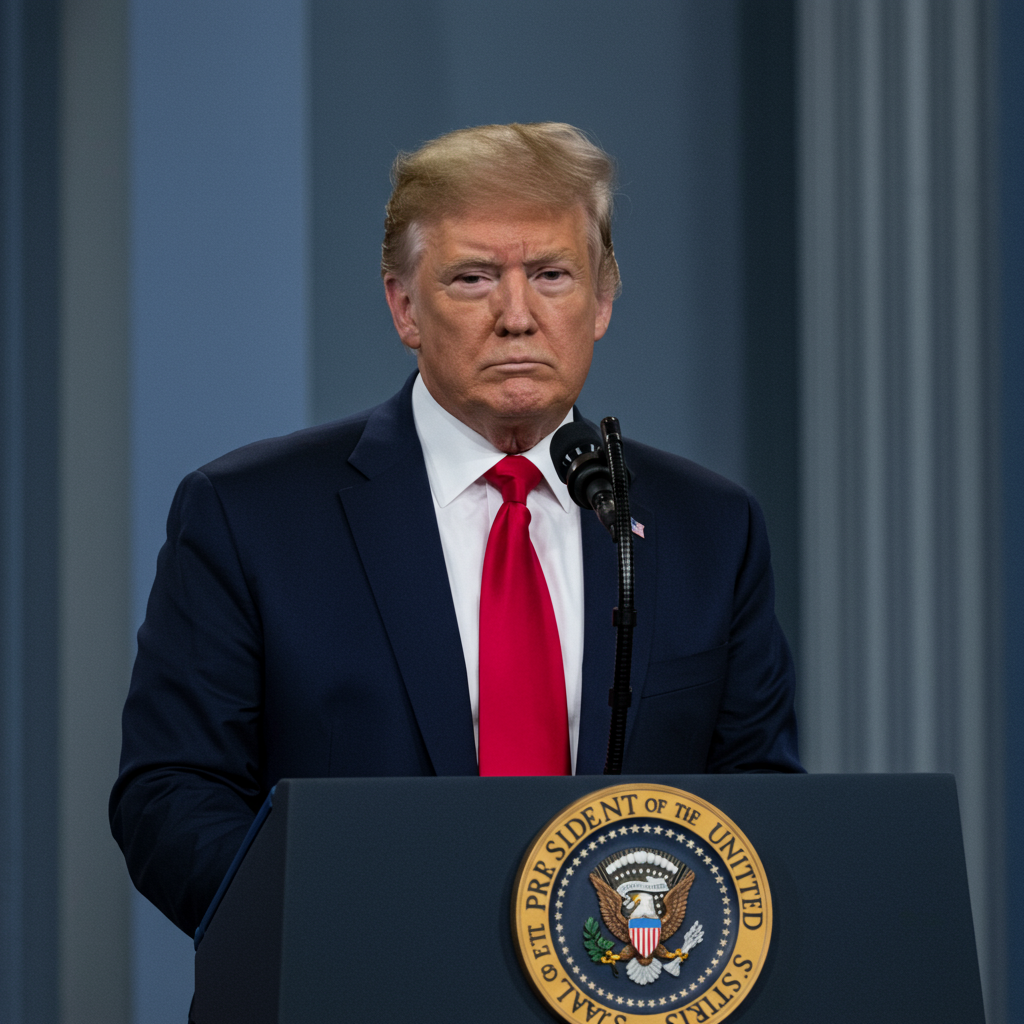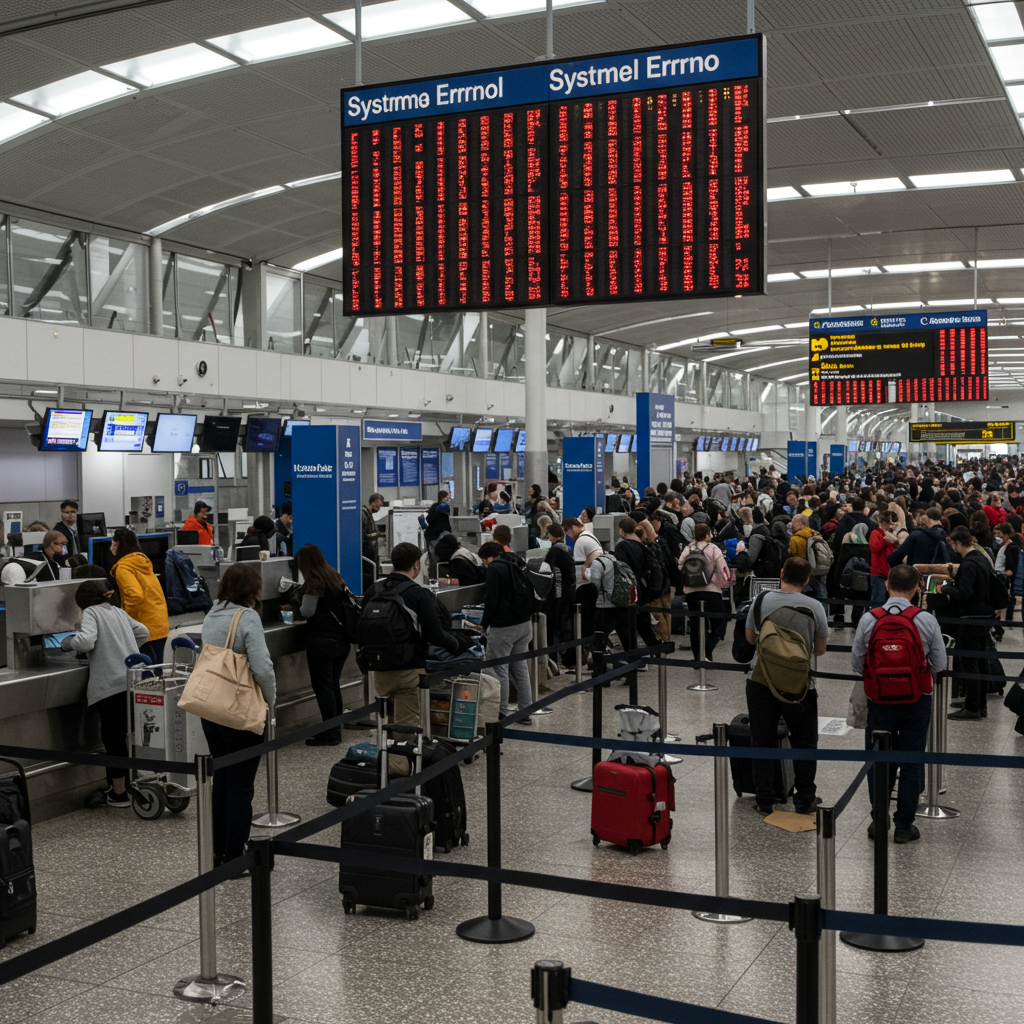In a move that garnered significant attention, the newly appointed Advisory Committee on Immunization Practices (ACIP), whose members were selected by Health and Human Services Secretary Robert F. Kennedy Jr., cast its first votes, notably recommending a new protective measure against Respiratory Syncytial Virus (RSV) for infants.
This initial meeting of the eight-member panel, held on June 25-26, followed Kennedy’s decision earlier in the month to dismiss the committee’s previous 17 members. Given the inclusion of individuals described as vaccine skeptics among the new appointees, the outcome of the vote was considered unexpected by observers closely following the panel.
New RSV Shot Recommended for Babies
At the forefront of the committee’s decisions was the recommendation for Clesrovimab, a monoclonal antibody developed by pharmaceutical giant Merck. This shot is specifically recommended for use in infants younger than 8 months old who are either born during or are entering their first RSV season. While experts from the CDC’s workgroup presented data and universally supported the drug, the final vote saw two panel members opposing the recommendation, with the majority voting in favor.
The meeting was led by Martin Kulldorff, who has previously served as an expert witness for plaintiffs in a lawsuit against Merck regarding its Gardasil HPV vaccine.
Understanding RSV and Its Impact on Infants
RSV is a common respiratory virus that typically causes cold-like symptoms, affecting the breathing passages and lungs. Nearly everyone is infected with RSV by the age of two, but it can be particularly severe in young children. In the United States alone, RSV leads to approximately 58,000 hospitalizations and tragically results in several hundred deaths each year among children younger than five.
Comparing the RSV Protection Options
Merck’s Clesrovimab is the second monoclonal antibody of its kind to become available to protect infants from RSV. The first, Beyfortus (nirsevimab), a product from Sanofi and AstraZeneca, received FDA approval in July 2023 and was subsequently recommended by ACIP later that year. Beyfortus is recommended for infants under 9 months entering their first RSV season, as well as for high-risk babies aged 8 to 19 months entering their second season.
Data presented during the recent ACIP meeting highlighted the effectiveness of Beyfortus from the past RSV season, showing a significant reduction in hospitalizations – approximately 47% – in newborns up to 2 months old, the population group facing the highest risk of severe RSV outcomes. Dr. Cody Meissner, a member of the new ACIP panel who voted in favor of the Merck shot, described the results observed with Beyfortus in the previous season as an “astonishing accomplishment.”
Parents will have the choice between Clesrovimab and Beyfortus for their infants. However, it’s important to note that receiving one of these monoclonal antibody shots means the other is generally not recommended.
In addition to these antibody options, pregnant individuals also have access to Pfizer’s RSV vaccine, Abrysvo. This vaccine is recommended for administration between 32 and 36 weeks of pregnancy during the typical RSV season (which generally runs from September to January in the U.S.) to help provide protection to newborns against lower respiratory infections.
Other Committee Votes
Beyond the significant RSV recommendation, the new ACIP members also took other votes during their inaugural meeting. They unanimously voted to recommend annual influenza vaccines for all Americans aged six months and older. This recommendation comes at a time when influenza levels in the U.S. reached a 15-year peak in February of the 2024-2025 season, yet childhood vaccination rates are currently at a six-year low. Fewer than half of Americans overall had been vaccinated for the 2024-2025 flu season.
Reports from the meeting also indicated the committee voted against thimerosal, a mercury-containing preservative previously used in some vaccines, adding another layer to the outcomes from this panel’s first session.


